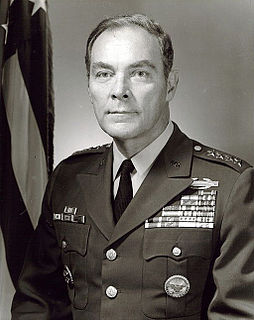A Quote by Ben Shapiro
Geopolitical drama lessened but did not die after the Cold War; in 2008, the specter of thousands of seeming automatons banging drums at the opening of the Beijing Games frightened and enthralled the world, reminding us that China was a nation on the rise, a competitor for global dominance.
Related Quotes
But Australia faces additional regional and global challenges also crucial to our nation's future - climate change, questions of energy and food security, the rise of China and the rise of India. And we need a strong system of global and regional relationships and institutions to underpin stability.
Well it did not make excessive sense to say that 20 million people are the recognized government of a billion people that have their own institutions. We did not change it in the sense that we said this has to end, but there was a U.N. vote that transferred the legitimacy of China from Taiwan to Beijing. Beijing was recognized as the government of all of China. Then, under President Carter, we followed what the U.N. had already done eight years earlier.
For over two centuries, each generation of Americans before us confronted and solved problems. They embraced opportunities and Americans have never had it easy. This was a nation founded by declaring independence for the most powerful empire in the world. This was a nation that faced a divisive and bloody civil war, two great world wars, a long cold war.
What's the purpose of NATO? Well actually we have an official answer. It isn't publicized much, but a couple of years ago, the secretary-general of NATO made a formal statement explaining the purpose of NATO in the post-Cold War world is to control global energy systems, pipelines, and sea lanes. That means it's a global system and of course he didn't say it, it's an intervention force under US command, as we've seen in case after case. So that's NATO.


































